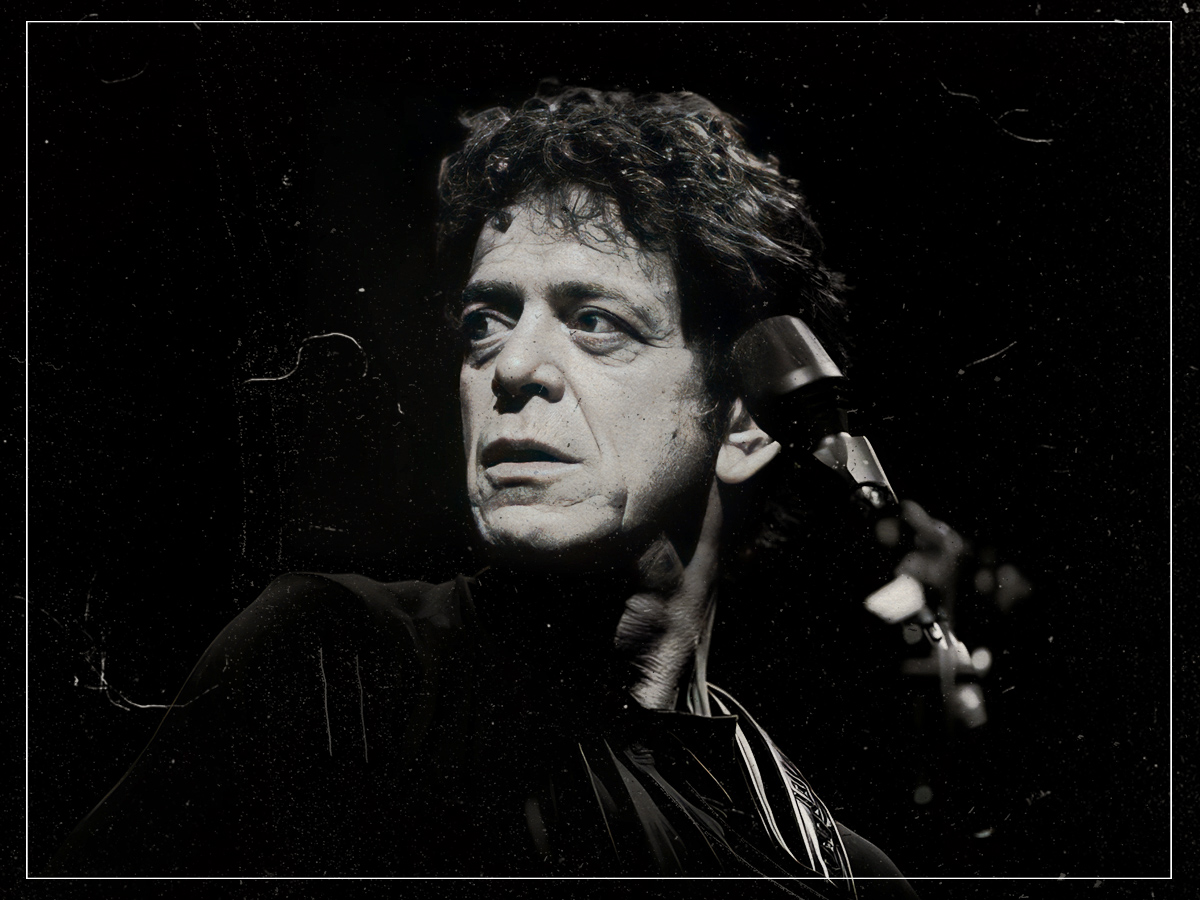
(Credits: Far Out / Alamy)
Fri 10 October 2025 20:27, UK
When you’ve written a masterpiece like Loaded and it has sold so few copies that it can’t even be ranked by the charts, it is perhaps understandable that a bit of bitterness built up inside Lou Reed.
While much has been said about the motives behind and causes of his barbed public persona, the simple fact of repeatedly undeserved commercial failures that befell the Velvet Underground surely stirred up a lot of vitriol. Having said that, the ‘Sweet Jane’ singer also once punched David Bowie in the face, and he was a friend.
With this in mind, when the entire world is your enemy, it makes it all the more interesting to think of the bands that Reed selected to stick on the end of his spear of spite as the peak of his ire. His bashing of The Beatles is understandable as a ploy, his run-ins with Frank Zappa seemed to be assuaged in later years, but which band did he hate most of all until the end?
When I recently interviewed Mick Harvey of The Birthday Party and subsequently The Bad Seeds, he mused over the pivotal influences on punk and opined, “And The Doors, everyone always forgets to mention The Doors. They were really quite pivotal to most things, actually.” From punk to prog, Harvey noted that their darkness, poetry and police attention was seminal to what followed in a lot of rock.
Reed didn’t quite share that opinion. In fact, he loathed what they represented. “We had vast objections to the whole San Francisco scene. It’s just tedious, a lie and untalented,” Reed asserted in a 1970s magazine feature, somewhat clobbering in the otherwise distinctive Doors with the Summer of Love movement in the Golden Gate City.
However, he wasn’t prepared to give the band some ambiguous leeway, aiming more directly at Jim Morrison and his cronies in the next beat, “They can’t play, and they certainly can’t write,” he said.
In 1987, he doubled down on this criticism, opining in a PBS interview that the Los Angeles band represented everything that was wrong with the 1960s, their eerie influence thereafter proving deeply lamentable. Regarding many of the counterculture favourites, he explained that they “were just painfully stupid and pretentious, and when they did try to get, ‘arty,’ it was worse than stupid rock and roll.” He then asserted, “What I mean by ‘stupid,’ I mean, like, The Doors.”
Why did he hate them so much, you wonder? Well, in many ways, they were the inverse of his output. Although Reed and Morrison both looked to get ‘poetic’ with their songwriting, their styles therein stood in direct opposition to each other. For instance, take the wild contrast between these two verses:
Jim Morrison – ‘Ghost Song’
“Shake dreams from your hair, my pretty child, my sweet one.
Choose the day and choose the sign of your day the day’s divinity.”
Lou Reed – ‘Street Hassle’
“She creamed in her jeans as he picked up her means
From off of the formica topped bar.”
Both, in truth, are utterly amazing songs, and the lyrics in each offer a decidedly elevated twist to the typical platitudes of a pop song, but while Morrison’s poetry is Byronic by nature, Reed’s is very much in the gutter of New York’s vernacular. And in 1970, when Reed first waged war against The Doors, one had received far more praise than the other, so perhaps his attack on his peer was a simple attempt to strong-arm some attention towards a punkier style of songwriting that he would finally benefit from in due course.
The leathe panted posturing of The Doors inadvertently bled into prog, and he found that shackled rock towards daft, drear, middle-class ideals. In fact, his heroes of the 1970s were the one band he saw as breaking the curse. “I have always loved Raw Power,” he said of the Stooges’ classic.
Adding, “I like the sound – the honest sound of young guys trying to break the barrier of stilted moulded sterile rock. And they did. Great guitar and wonderful vocals from Iggy. And inspiration for young men to this day.” You’d be hard-pushed to say that The Doors existed in any kind of mould with strange songs that extended beyond accepted radio runtimes, but he wouldn’t be alone, joining the likes of David Crosby, in thinking that they were a pretentious sham.
Alas, in typical punk fashion, Reed also took his disdain of Morrison to despicable depths when he commented on the singer’s tragic death at 27: “Somebody got a phone call saying Jim Morrison had died in Paris in a bathtub. ‘How fabulous, in a bathtub in Paris!’ I had no pity at all for that silly Los Angeles person”. Reed was certainly never averse to overstepping the mark.
Related Topics

